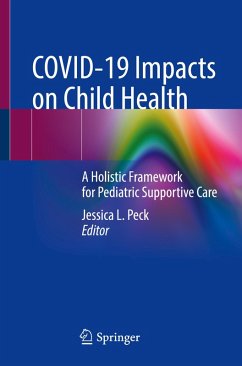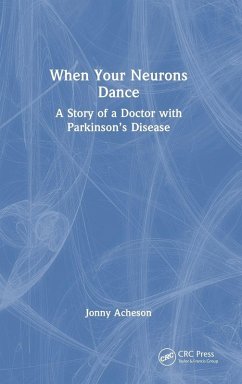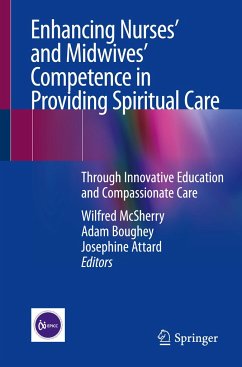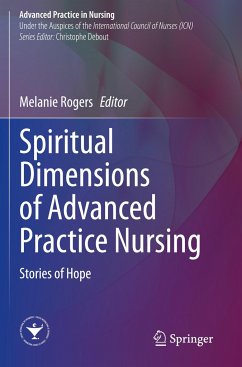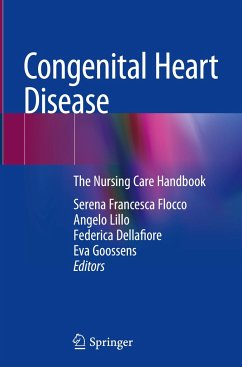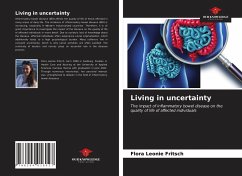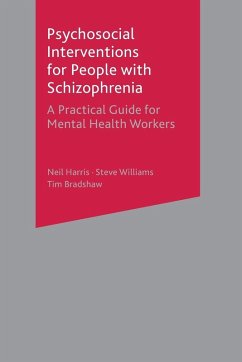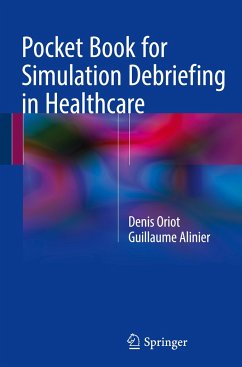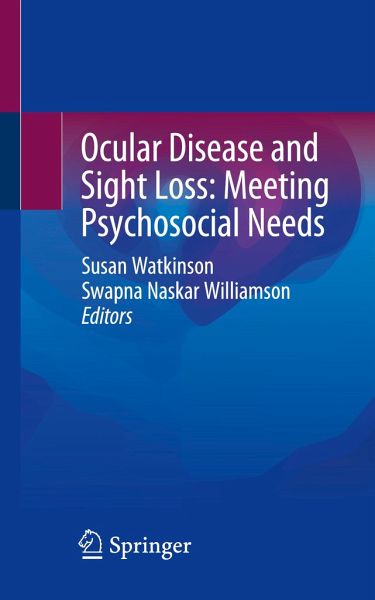
Ocular Disease and Sight Loss: Meeting Psychosocial Needs

PAYBACK Punkte
27 °P sammeln!
Background: Psychosocial care remains an extremely important part of the holistic approach to care, but one which has been underestimated in clinical practice and only superficially addressed in the ophthalmic literature to date. This aspect of care most often gets less attention by healthcare professionals due to the dominance of a technology-enhanced approach to caring practice. Clearly, the skills afforded by science and technology are important for healthcare professionals in practice, but it is also important for them to be aware of the impact of the transfer of such skills on patients fr...
Background: Psychosocial care remains an extremely important part of the holistic approach to care, but one which has been underestimated in clinical practice and only superficially addressed in the ophthalmic literature to date. This aspect of care most often gets less attention by healthcare professionals due to the dominance of a technology-enhanced approach to caring practice. Clearly, the skills afforded by science and technology are important for healthcare professionals in practice, but it is also important for them to be aware of the impact of the transfer of such skills on patients from a humanistic perspective. The delivery of technology-enhanced care can often trigger innermost feelings and needs such as fear, anxiety, stress, loss of control, and a sense of alienation. This book seeks to address the imbalance often observed between nursing both as an art and science, and to emphasise the importance of raising the healthcare knowledge and understanding of the valueof social psychology and its application to ophthalmic practice in addressing this imbalance. Main aims: (1) To discuss the psychosocial needs and care of patients with ocular disease and sight loss. (2) To discuss the importance and relevance of the psychosocial aspects of ophthalmic care with reference to psychosocial theory and its application. (3) To discuss the psychosocial role of the healthcare professional in facilitating emotional recovery and promoting quality of life in the care and management of patients with ocular disease and sight loss.



